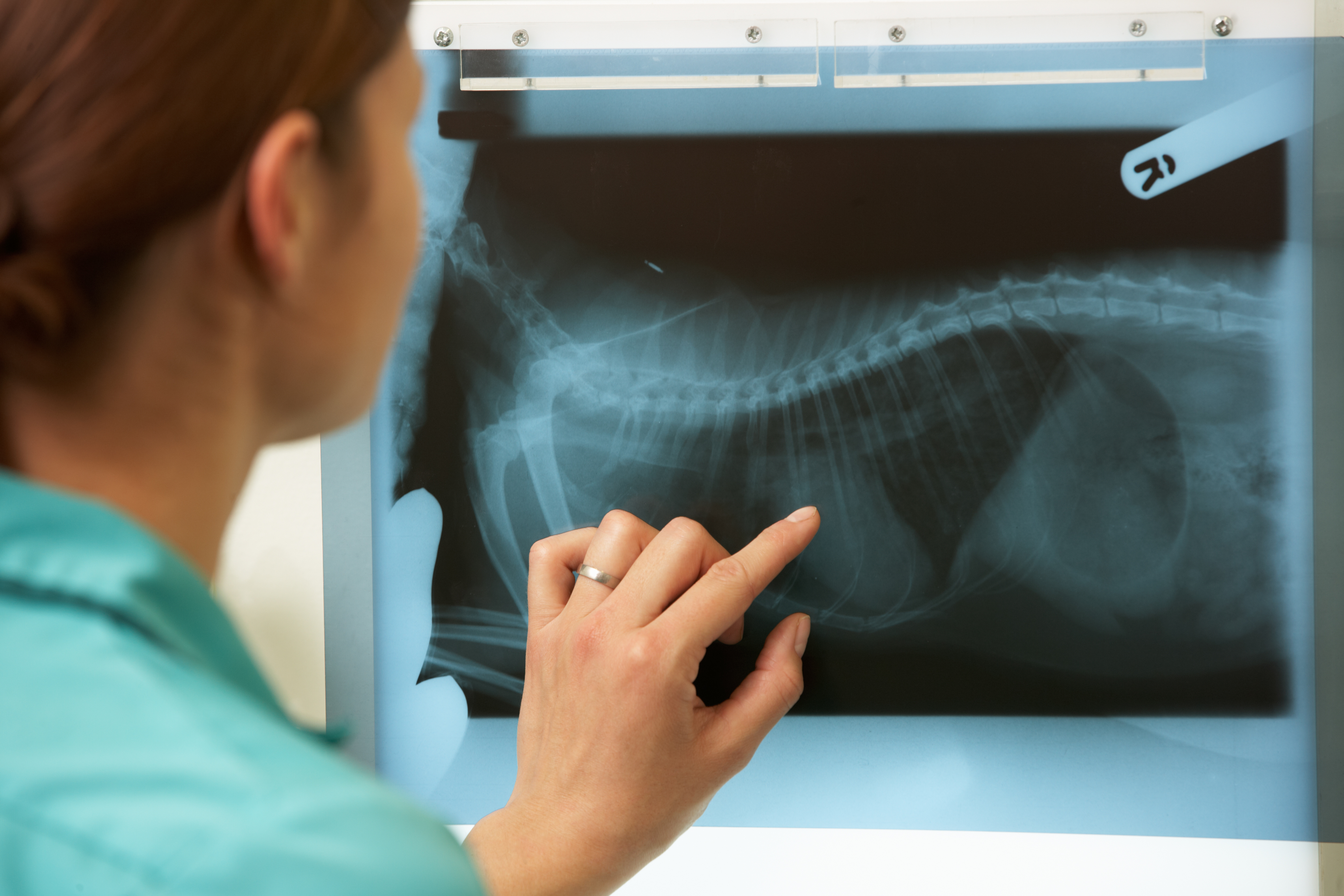Protecting the well-being of your furry companions, diagnostic exams makes a big difference. Advanced veterinary facilities provide crucial insights for household pets.
Here, we’ll dive into the value of lab diagnostics and outline essential diagnostics.
What Are Veterinary Laboratories?
Animal diagnostic labs examine biological specimens to provide valuable data. These labs employ expert technicians to support better medical decisions.

Key roles of veterinary labs include:
- Identifying problems before they worsen: This helps vets act quickly.
- Keeping an eye on recurring problems: Helps vets adjust treatments.
- Evaluating care plans: Optimizes pet care.
Common Veterinary Tests for Dogs and Cats
Diagnostic centers for pets specialize in diverse diagnostics to evaluate pet health. Common diagnostics include:
- Complete blood counts (CBC): Monitor immune health.
- Urine diagnostics: Detect urinary infections.
- Fecal tests: Evaluate digestive health.
- Sensitivity screens: Help with skin irritations.
- Advanced imaging scans: Detect internal injuries.
clínica veterinária e laboratório ivdclinica veterinaria laboratorio
The Benefits of Regular Veterinary Testing
Consistent diagnostic exams keeps your pets in optimal condition. Through timely detection of health issues, their overall health improves.

Key reasons for routine testing include:
- Improved longevity: Ensuring effective care helps pets remain active and happy.
- Preventative savings: Minimizing long-term expenses saves you from financial stress.
- Trust in their health management: Stay informed about their health.
laboratório veterinario são paulo
Why Testing is Key for Dogs and Cats
Animal health testing facilities are an invaluable resource in protecting your furry friend’s health. By making diagnostics a priority, you’re giving your pets the best chance at a happy, healthy life.
Don’t wait—take action now to help them live their best life!